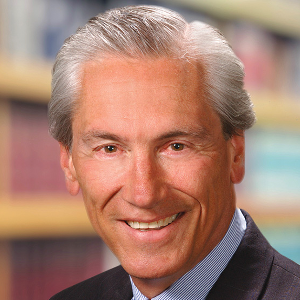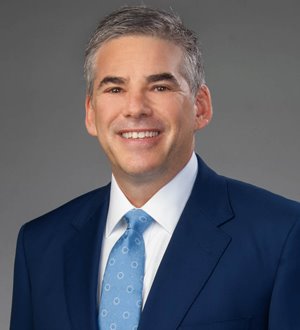As positive cases of COVID-19 rise, Gov. Gretchen Whitmer expanded the previous recommendation-only directive for use of a face mask to a mandate. Now, businesses open to the public must refuse entry or service to those not wearing a mask. The order also requires that masks be worn in crowded outdoor spaces, and individuals are required to wear a face-covering in indoor public spaces. The order does provide several exceptions, including children younger than 5 and those who cannot medically tolerate masks. There are many implications to businesses, their patrons, and employees. Once again, businesses are challenged to adapt operations and policies amid the pandemic.
How will the order be enforced?
Executive Order 147 mandates mask usage in a number of places, including businesses open to the public, and leaves enforcement of the mandate largely to those businesses. Some law enforcement agencies at the local level have announced they will not enforce the mandate, putting further pressure on businesses to navigate these uncharted waters. It is unclear if there will be any implications for local law enforcement, but if businesses fail to enforce the mandate, they may be subject to fines and loss of licenses (including, but not limited to, liquor license). Importantly, businesses have the right to put in place and enforce whatever (non-discriminatory) rules it desires. As such, it is not an infringement of someone’s constitutional rights to refuse them entry for failure to follow the business’ rules.
How does the recent order challenge area businesses?
Aside from the obvious challenges of enforcement, businesses — in an already fraught economic environment — often do not want to alienate patrons that choose not to wear a mask, but also desire to protect their employees and other customers. For some businesses, the mask mandate simplifies things: businesses no longer have a choice to allow patrons to enter without masks without facing consequences.
Despite the statewide mandate, some customers will be upset with a business that enforces it. In some cases, employees have been verbally and occasionally physically assaulted. Businesses are left to determine how to keep their employees safe, both from disgruntled patrons and the virus itself.
How do businesses implement the mask requirement?
Businesses open to the public must post signs at the entrance(s) instructing customers to wear masks while inside. As the order requires masks to be worn to enter the premises, businesses likely need to have an employee at least monitoring the entrance to refuse entry to potential patrons who will not comply with the mask mandate; refusing service alone is not sufficient to comply with the order. These requirements were applicable as of July 13, so businesses should comply as soon as possible.
What if customers refuse to wear masks? Employees?
This puts businesses in a tough spot. It is clear that the Executive Order mandates that businesses enforce the mask requirement, but also provides an exemption for medical intolerance. To ensure compliance, the business should ask patrons to don a mask when entering and, if they refuse, inquire as to why. If the customer responds that they are medically exempt, that is probably sufficient for the business to demonstrate compliance with the order. The order does not require someone with a medical intolerance to provide documentation, and the business is left to accept his or her word. However, if the potential patron refuses to wear a mask out of principle or preference, the businesses must refuse entry and service.
Employees refusing to wear masks is a different situation. Importantly, Executive Order 147 is limited to businesses open to the public. Executive Order 145 remains in place and outlines safeguards to protect workers, including requiring masks only where workers cannot social distance. Thus, if a business is not open to the public, and its workers can safely social distance, masks are not required.
However, if your business is open to the public, or workers cannot safely social distance, orders 145 and 147 mandate wearing masks, with limited exceptions, including medical intolerance. Most physicians agree, though, that if someone has a condition that makes wearing a mask intolerable, they likely are medically fragile enough they should not be in the workplace at all. If an employee insists that he or she cannot wear a mask, the employer should engage in an interactive process under the American’s with Disabilities Act to determine what, if any, accommodations should be made.
The Employment Law Team at Rhoades McKee will continue to assist employers to navigate all of the legal issues emerging from the COVID-19 Pandemic.
























